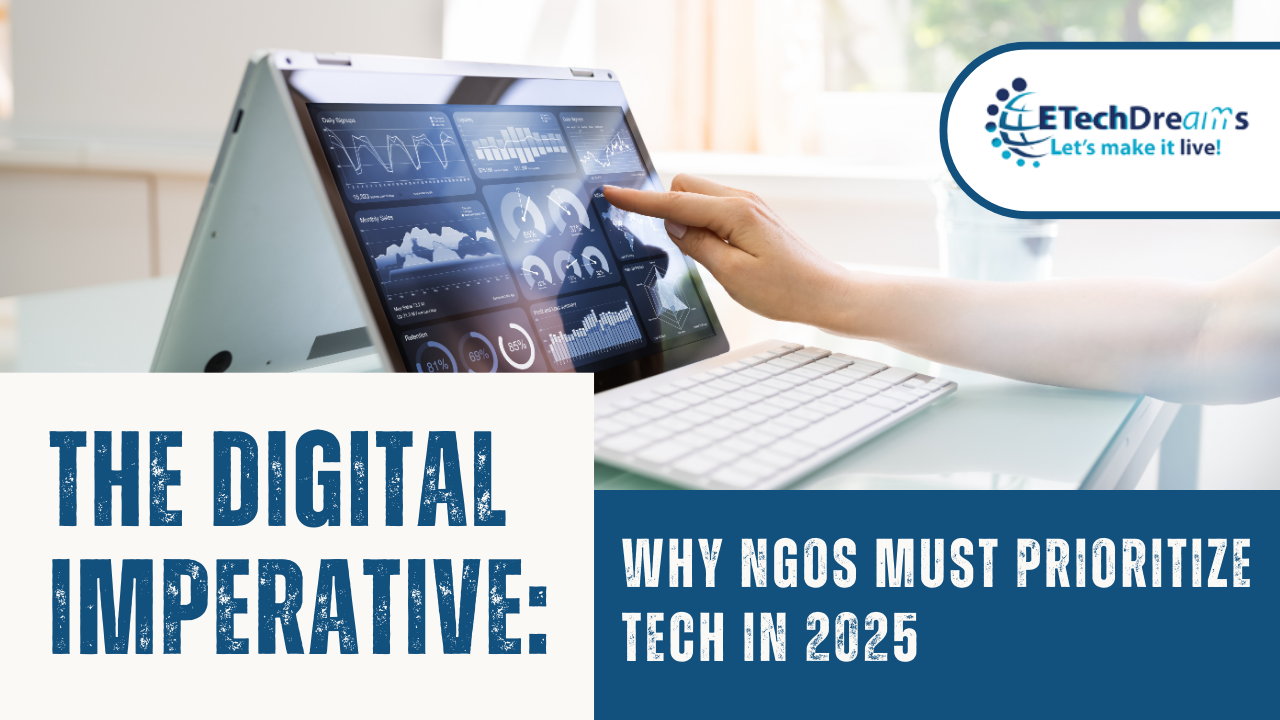The Digital Imperative: Why NGOs Must Prioritize Tech in 2025
In 2025, technology is no longer a luxury for NGOs—it’s a necessity. As the world becomes more digitally connected, non-governmental organizations must evolve to meet the rising expectations of donors, beneficiaries, and stakeholders. Prioritizing tech is not about chasing trends; it's about building sustainable impact, increasing efficiency, and staying relevant in a fast-changing world.
Changing Landscape of Social Good
Data-driven impact: NGOs rely on technology for better decision-making and real-time monitoring.
Improved agility: Technology streamlines fundraising, project tracking, and community engagement.
Digital maturity matters: Donors prefer NGOs with strong digital capabilities.
Easy digital transformation: Small changes like cloud tools, automation, and better communication can make a big difference.
Tailored solutions: Software development for social enterprise helps NGOs align tech with their specific mission.
Efficiency and Accountability
One of the strongest arguments for prioritizing tech in 2025 is efficiency. Manual data collection, spreadsheets, and paper trails often lead to errors, delays, and inefficiencies. Digital solutions can automate repetitive tasks, track activities in real time, and generate reports with minimal effort. This not only saves time and resources but also increases transparency and accountability.
For instance, donor reporting, often a time-consuming task, can be simplified through platforms built specifically for grant management. By adopting software development for social enterprise, NGOs can implement systems that offer stakeholders real-time insights into fund utilization and project progress.


.png)